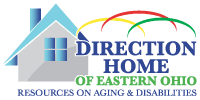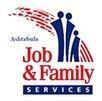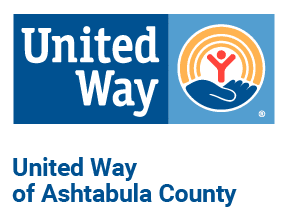Connecting People and Resources for Better Health
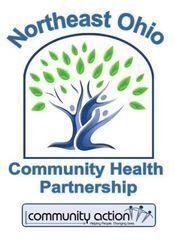
Northeast Ohio Community Health Partnership (NEOCHP) is a care coordination program. Through the work and guidance of Community Health Workers (CHWs), participants can begin to identify modifiable risk factors that are barriers to achieving overall well-being and mitigate these risks.
NEOCHP has a service area that includes, Ashtabula, Lake, and Geauga County.
For more information call Kim Moore at 440-997-5957 ext. 520 or kmoore@accaa.org.
To complete a referral form for yourself or a friend, click here.
How Does it Work?
Community Health Workers Impact
The functions of CHWs are tailored to meet the unique needs of their communities depending on the organization or agency they work with. CHWs apply their unique understanding of the experiences, language, and culture of the communities they come from, and serve in order to provide one or more of these core services as identified by research
Role 1: Bridge the gap between communities and the health and social service system
- Enhance care quality by aiding communication between provider and patient to clarify cultural practices.
- Educate community members about how to use the health care and social service systems.
- Educate the health and social service systems about community needs and perspectives.
- Establish better communication processes.
Role 2: Navigate the health and human services system
- Increase access to primary care through culturally competent outreach and enrollment strategies.
- Make referrals and coordinate services.
- Teach people the knowledge and skills needed to obtain care.
- Facilitate continuity of care by providing follow-up.
- Enroll clients into programs such as health insurance and public assistance.
- Link clients to and inform them of available community resources.
Role 3: Advocate for individual and community needs
- Articulate and advocate needs of community and individuals to others.
- Be a spokesperson for clients when they are unable to speak for themselves.
- Involve participants in self and community advocacy.
- Map communities to help locate and support needed services.
Role 4: Provide direct service
- Promote wellness by providing culturally appropriate health information to clients and providers.
- Educate clients on disease prevention.
- Assist clients in self-management of chronic illnesses and medication adherence.
- Provide individual social and health care support.
- Organize and/or facilitate support groups.
- Refer and link to preventive services through health screenings and healthcare information.
- Conduct health related screenings.
Role 5: Build individual and community capacity
- Build individual capacity to achieve wellness.
- Build community capacity by addressing social determinants of health.
- Identify individual and community needs.
- Mentor other CHWs – capacity building.
- Seek professional development (continuing education).



